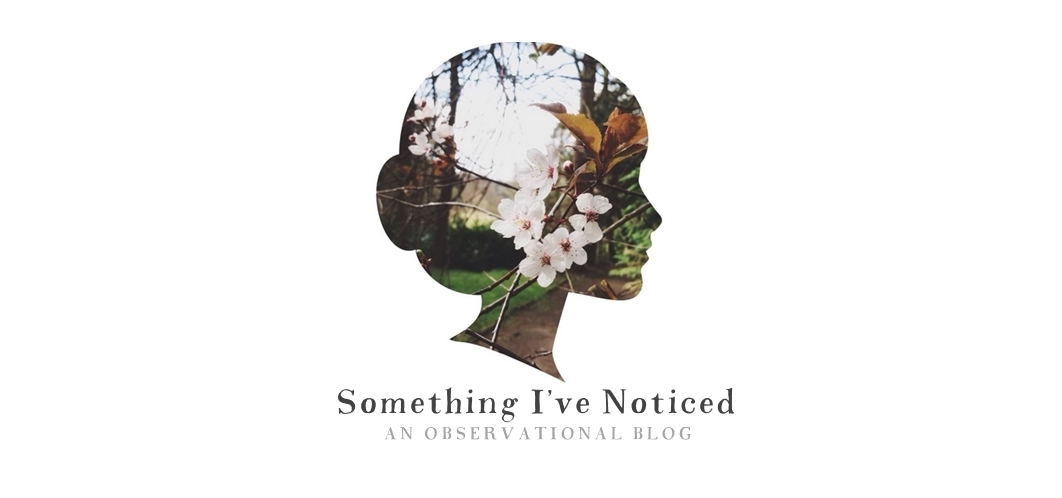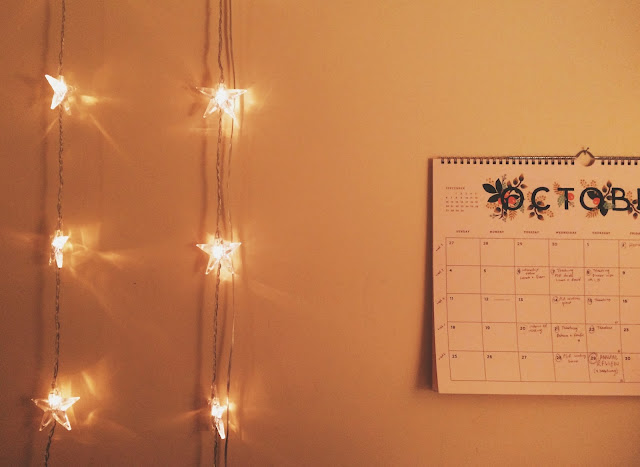In July I read a poem every day. I picked most of them at
random: either choosing a title I liked from one of the poetry books around
the house, or asking friends for a suggestion.
Once or twice I just stumbled upon a poem online (like Anya Silver’s 'Doing
Laundry in Budapest' which then led to an afternoon reminiscing about a
childhood summer in Hungary).
Although, as I say, I found most of the poems that month by
accident, it was interesting (and also a little unsettling at the time) how so
many of the poems seemed to speak to the theme of loss. Poems about the meaning
of it, the inevitability of it. Loss of certainty, loss of love, loss of
objects and people and a clear sense of self. I wasn’t sure if that meant anything.
Maybe I was just hyper-sensitive to that theme – being worried in July about
losing, about being lost – or if it was just a strange coincidence. Maybe it’s
just the case that all writing grows out of a sense of loss; whether it
mentions the word or not, the shadow of it lingers somewhere nearby.
Anyway – I write all that as a
lead in to say that I’m going to try and go back to reading a poem every morning. The one that I read today was ‘One Art’
by Elizabeth Bishop, a poem that starts with the line: ‘The art of losing isn’t
hard to master...’ I've read it before, and I like the rhythm of it. It also reminds me a little of
something I wrote back in April actually, about losing buttons. I thought I’d share it with you (read it twice. Read it aloud):
♥
One Art
by Elizabeth Bishop
The art of losing isn’t hard to master;
so many things seem filled with the intent
to be lost that their loss is no disaster.
Lose something every day. Accept the fluster
of lost door keys, the hour badly spent.
The art of losing isn’t hard to master.
Then practice losing farther, losing faster:
places, and names, and where it was you meant
to travel. None of these will bring disaster.
I lost my mother’s watch. And look! my last, or
next-to-last, of three loved houses went.
The art of losing isn’t hard to master.
I lost two cities, lovely ones. And, vaster,
some realms I owned, two rivers, a continent.
I miss them, but it wasn’t a disaster.
—Even losing you (the joking voice, a gesture
I love) I shan’t have lied. It’s evident
the art of losing’s not too hard to master
though it may look like (Write it!) like
disaster.
♥
























